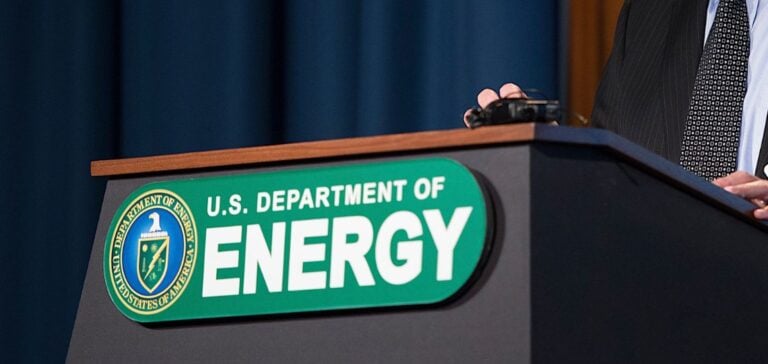The recent statement by the US Department of Energy (DOE) on May 2 outlines an ambitious initiative to strengthen the carbon dioxide (CO2) transport infrastructure. This effort is designed to anticipate the needs of future direct air capture and industrial carbon capture facilities. With clear emission reduction targets, the DOE aims to put the US at the forefront of carbon sequestration technology, a key pillar in achieving carbon neutrality by 2050.
Preliminary investments and long-term strategy
Investing in CO2 transport infrastructure is not just a response to current requirements, but a long-term strategy to support the evolution of carbon capture and storage technology. The available funding, drawn from the $1 trillion infrastructure legislation passed at the end of 2021, is earmarked for a variety of projects including pipelines, railroads, trucks, barges and ships. These projects will play a crucial role in connecting CO2 emission sources to conversion or secure geological storage sites.
Analysis of implications for the energy sector
The development of this infrastructure is crucial for the energy industries, particularly industrial plants and power stations, which are among the biggest CO2 emitters. A reliable and secure infrastructure for transporting CO2 is a cornerstone for the effective implementation of large-scale carbon capture. Brad Crabtree, Assistant Secretary for Fossil Energy and Carbon Management, stressed the importance of this infrastructure in managing the growing volumes of CO2 that will need to be captured and permanently stored in the coming decades.
Future prospects and challenges
DOE’s involvement in these projects foreshadows increased interest in studies of CO2 transport costs, transport modes and network configurations, as well as technical, regulatory and commercial considerations. Applications for these funds are expected by July 30, reflecting a significant opportunity for companies and regions to participate in this nationwide initiative.
The DOE funding initiative represents a major step forward in preparing the United States for the era of significant carbon emissions reductions. By investing today in robust infrastructure, the country is equipping itself with the tools needed to support tomorrow’s carbon capture and storage technologies, ensuring an efficient and sustainable energy transition.






















